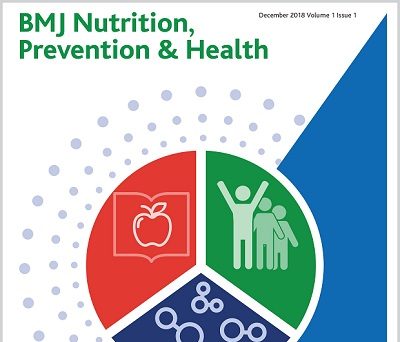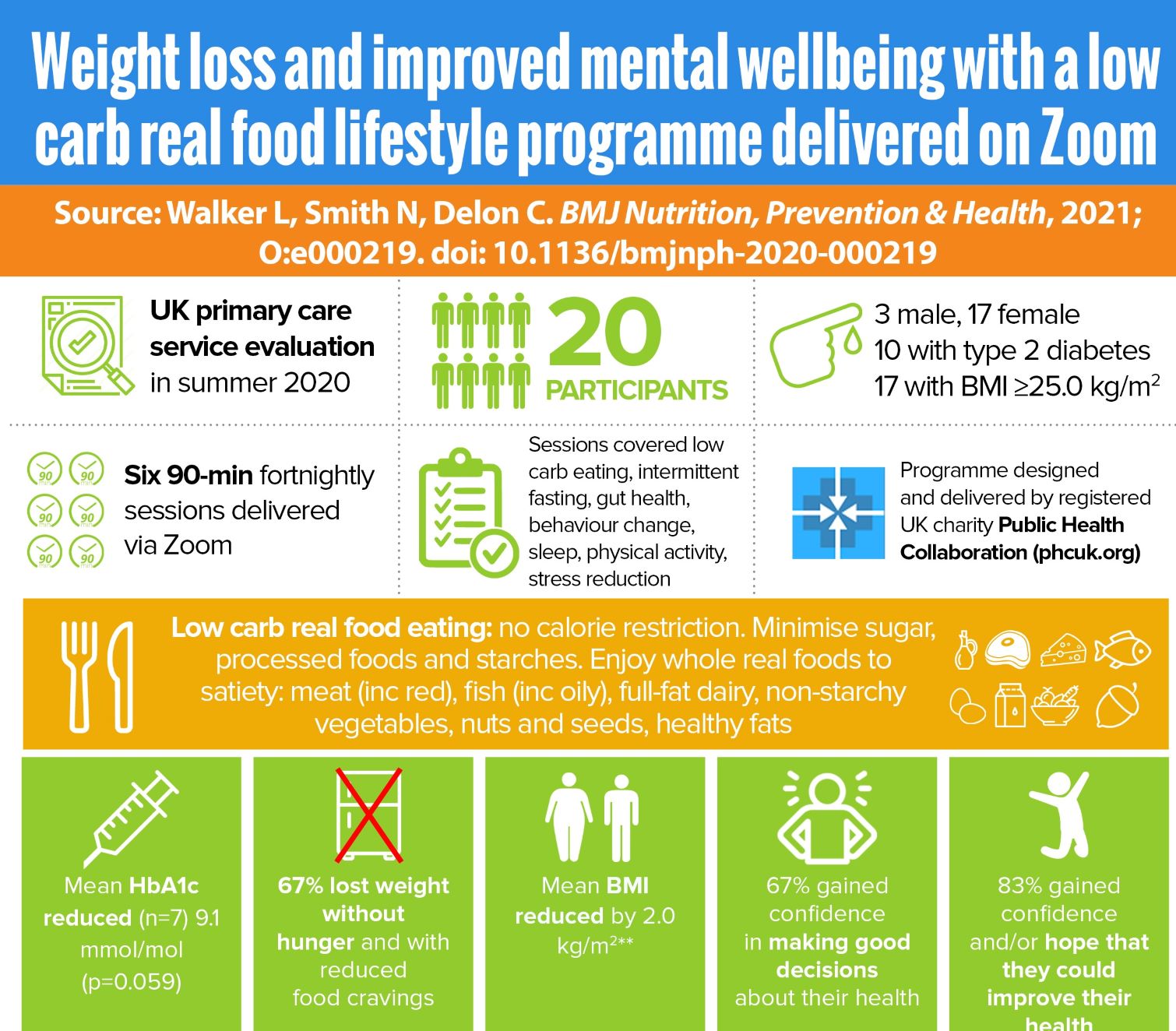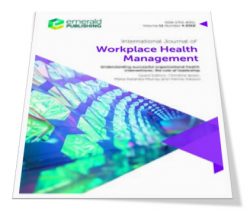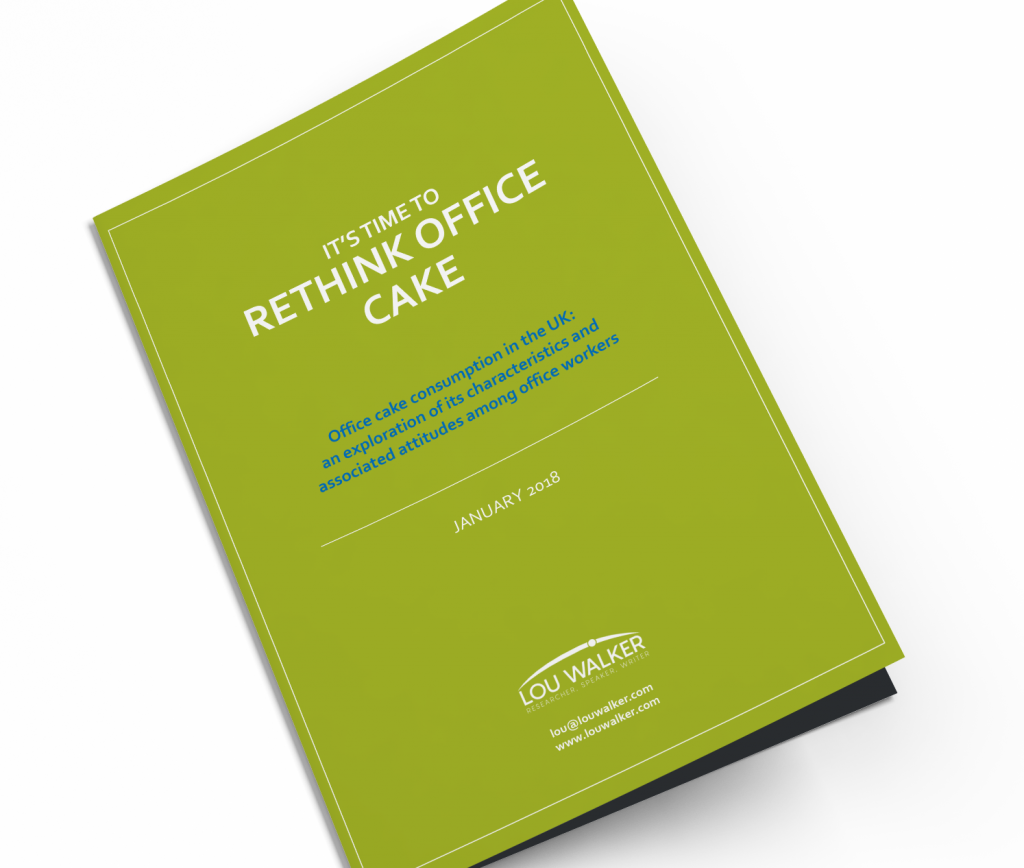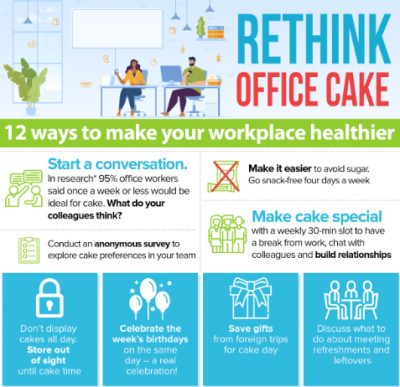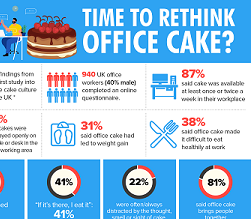Lou's research
Weight loss and improvement mental wellbeing with low carb real food programme in primary care
During summer 2020, Lou designed, coordinated and, with Public Health Collaboration colleagues, delivered the Low Carb Real Food Lifestyle Programme for a group of primary care (GP) patients. The six-session programme achieved clinically and statistically significant results for weight loss, blood pressure and mental wellbeing improvements and was published in the BMJ Nutrition, Prevention & Health in February 2021.
Participants were invited to avoid sugar, processed foods and starchy carbohydrates, and instead to enjoy real foods to satiety. Real foods include whole foods including meat and fish, full fat dairy, vegetables and healthy fats. The programme also covered other lifestyle factors which affect weight and health such as sleep, stress management and physical activity. To work within covid-19 restrictions, the programme was delivered on Zoom.
- Mean weight loss: 5.8 kg, representing 6.5% weight loss
- Mean waist circumference reduction was 5.2cm
- Mean blood pressure reduction was 13.1 mmHg (systolic) and 5.0 mmHg (diastolic)
- Mental wellbeing was measured with the Warwick Edinburgh Mental Wellbeing Scale. Mean score improved 6.5 points (a 3 point change is likely to be noticeable)
- 67% reported weight loss without hunger and with reduced cravings
- 83% gained confidence and/or hope that they can improve their health.
Workplace health is no piece of cake, but rethinking office cake offers employers an opportunity
Lou conducted the first academic research into office cake culture as part of her Masters in Obesity and Weight Management at the University of Chester. The study surveyed almost 1000 UK office workers and was published in the International Journal of Workplace Health Management in January 2020. Here are some of the key findings:
- Office cake culture changes employee eating habits and the physical workplace environment so could increase health risk and reduce effectiveness of workplace health promotion programmes
- If cake is available, people eat it. 36% never refuse it
- 31% said office cake had led to weight gain; 38% said it made it harder to eat healthily at work
- 95% of respondents said the ideal frequency for office cake was once a week or less; 41% said once a month
- Opinion and behaviour related to office cake is statistically significantly influenced by age and gender
- People value the social, morale-boosting effects of office cake but recognise negative consequences such as weight gain, difficulty eating healthily at work and difficulty sticking to a diet.
Among other things, these data suggest it is feasible to rethink office cake to achieve a healthier, more productive balance between the social benefits and health risks without anyone feeling deprived.
Follow the links below to read the research.

